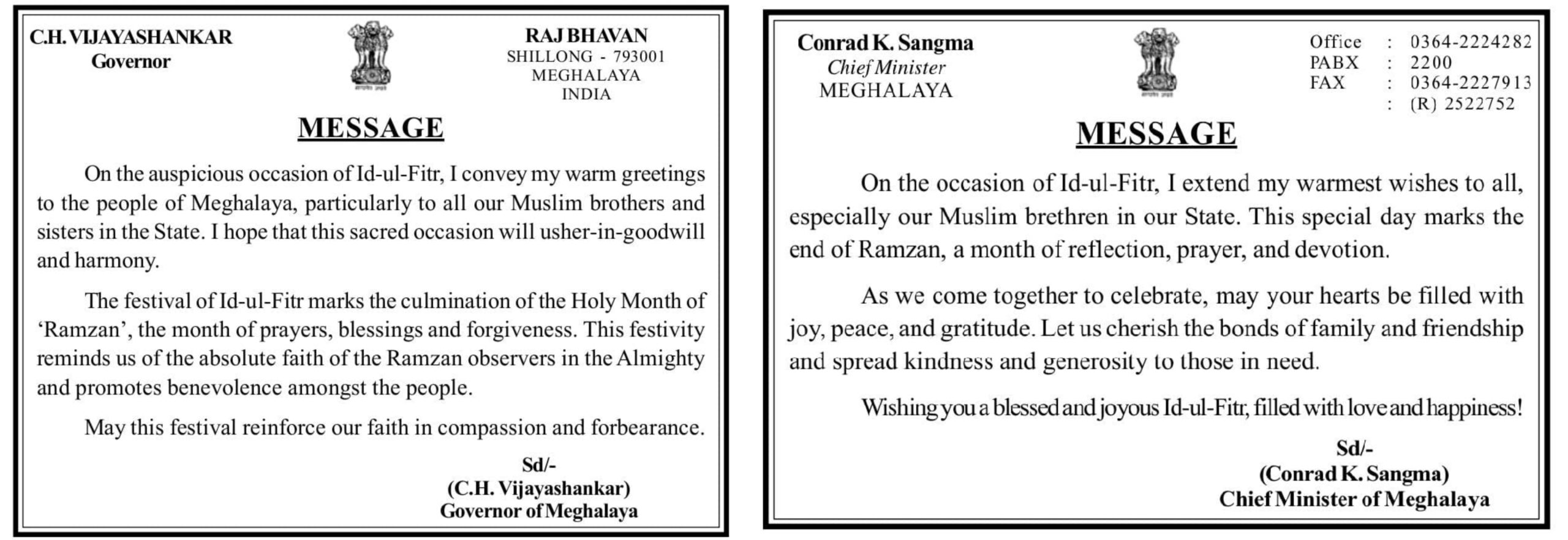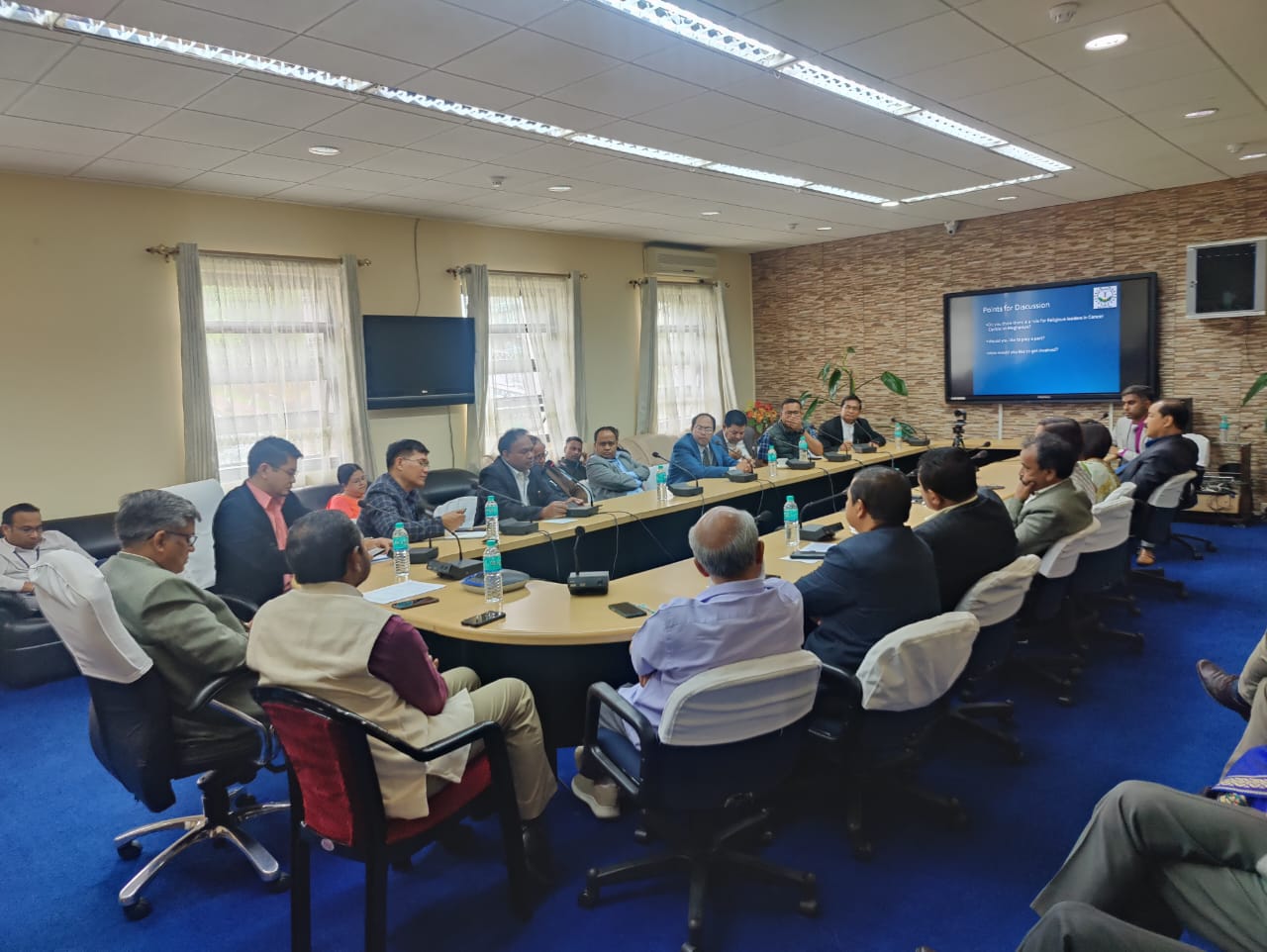Meghalaya bears the burden of one of the highest cancer rates in India. The state has the highest incidence of Esophageal cancer in the country (more than 10 times the national AAR).
According to the reports, Esophageal cancer is the most prevalent form of cancer amongst the state’s populace, with a staggering 71.2 per lakh people affected.
This surpasses the national average by more than tenfold and poses a considerable concern for Meghalaya.
It may be mentioned that the state grapples with a significant prevalence of tobacco use, with 47% of adults (Global Adult Tobacco Survey, 2016-17) and 34% of 13-15 year-olds (Global Youth Tobacco Survey, 2019) consuming tobacco in various forms.
However, in an effort to combat the growing challenge of cancer incidence in the state, Department of Surgical Oncology at NEIGRIHMS, Shillong, in collaboration with the Department of Community Medicine and Northeast-India Association of Surgical Oncology (NASO) organised a consultative meeting on Wednesday.
The meeting aimed to address the magnitude of the cancer problem in Meghalaya and develop strategies for cancer control.
Participating in the meeting were Dr. Nalin Mehta, Director of NEIGRIHMS, Mr. Sampath Kumar, Principal Secretary of the Health & Family Welfare Department, Government of Meghalaya, along with religious leaders from Shillong’s All Faiths Forum. The session commenced with a brief presentation on the scale of the cancer problem in Meghalaya, underscoring the need for urgent action. Personal experiences shared by a cancer survivor and a relative of a patient further shed light on the emotional and physical challenges faced by those affected by cancer.
During the meeting, the attendees highlighted the importance of prevention as a cost-effective long-term strategy for combating cancer, and the significance of early detection and awareness of early signs and symptoms. To disseminate Information, Education, and Communication (IEC) materials effectively across the state, the proposal of utilizing videos in the local Khasi and English languages was put forward.
“One of the attendees aptly suggested, ‘Recognizing that the presence of medical officers may not always be feasible, let us consider utilizing videos in the local Khasi and English languages to effectively disseminate IEC materials across the state,'”
In the quest for community engagement, religious groups, including churches and mosques, were identified as invaluable platforms for hosting seminars focused on cancer prevention and treatment. Furthermore, the involvement of psychologists as part of healthcare teams to provide support for cancer patients was recommended. The need for comprehensive cancer care facilities within Meghalaya, reducing the necessity for patients to seek treatment outside the region, was also emphasized.
Dr. Nalin Mehta, Director of NEIGRIHMS, emphasized, “Awareness is a must, but it shouldn’t be just about awareness. It should be an impactful awareness when it comes to cancer.”
Reflecting on the progress made through initiatives such as the Tobacco-Free Educational Institutions (ToFEI) program, sponsored by the Meghalaya Government in collaboration with NEIGRIHMS and the Sambandh Health Foundation, it was acknowledged that the benefits of such interventions need to extend beyond children and young adults to have a comprehensive impact.
In his concluding remarks, Mr. Sampath Kumar acknowledged the challenges of reaching all 7,000 villages within the region. He highlighted the importance of community engagement, the role of doctors in limited healthcare provisions, and the significance of Village Health Councils (VHCs) and Self-Help Groups (SHGs) for cancer prevention. He further emphasized the need to focus on working with young boys, address mental health issues among Generation Z, and provide them with necessary support.
He continued, “Moreover, it is imperative that we focus on working with young boys, as they are the future. We need to address mental health issues among Generation Z and provide them with the necessary support.’’


